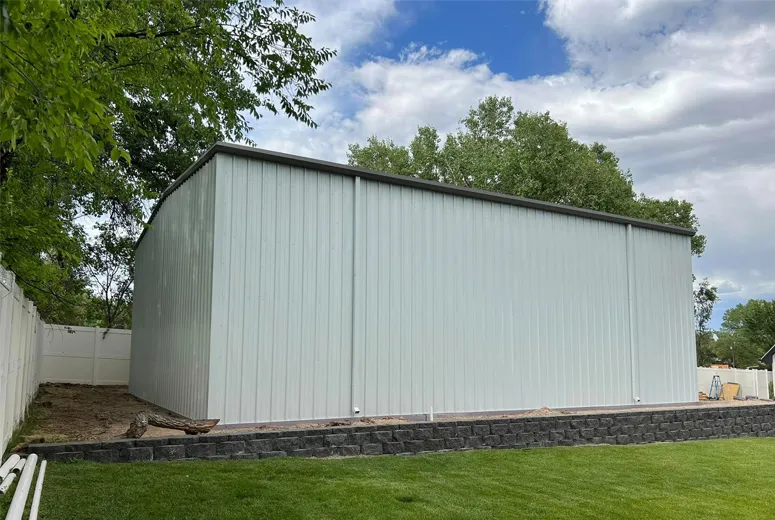- Afrikaans
- Albanian
- Amharic
- Arabic
- Armenian
- Azerbaijani
- Basque
- Belarusian
- Bengali
- Bosnian
- Bulgarian
- Catalan
- Cebuano
- Corsican
- Croatian
- Czech
- Danish
- Dutch
- English
- Esperanto
- Estonian
- Finnish
- French
- Frisian
- Galician
- Georgian
- German
- Greek
- Gujarati
- Haitian Creole
- hausa
- hawaiian
- Hebrew
- Hindi
- Miao
- Hungarian
- Icelandic
- igbo
- Indonesian
- irish
- Italian
- Japanese
- Javanese
- Kannada
- kazakh
- Khmer
- Rwandese
- Korean
- Kurdish
- Kyrgyz
- Lao
- Latin
- Latvian
- Lithuanian
- Luxembourgish
- Macedonian
- Malgashi
- Malay
- Malayalam
- Maltese
- Maori
- Marathi
- Mongolian
- Myanmar
- Nepali
- Norwegian
- Norwegian
- Occitan
- Pashto
- Persian
- Polish
- Portuguese
- Punjabi
- Romanian
- Russian
- Samoan
- Scottish Gaelic
- Serbian
- Sesotho
- Shona
- Sindhi
- Sinhala
- Slovak
- Slovenian
- Somali
- Spanish
- Sundanese
- Swahili
- Swedish
- Tagalog
- Tajik
- Tamil
- Tatar
- Telugu
- Thai
- Turkish
- Turkmen
- Ukrainian
- Urdu
- Uighur
- Uzbek
- Vietnamese
- Welsh
- Bantu
- Yiddish
- Yoruba
- Zulu
Nov . 12, 2024 12:50 Back to list
The Modern Marvels of Steel Structure Architecture
In the dynamic realm of architecture, the choice of materials significantly influences not only the aesthetics but also the functionality and durability of structures. Among various materials, steel has emerged as a quintessential component in modern architecture, particularly in the construction of steel structures. Steel structures have revolutionized the way we build, offering numerous advantages that cater to contemporary needs and challenges.
Steel, known for its unparalleled strength-to-weight ratio, allows for the creation of expansive spaces with minimal support. This feature has enabled architects to design buildings with wider spans and open floor plans, liberating them from traditional constraints. High-rise buildings, bridges, and stadiums are quintessential examples where steel has made a significant impact, allowing for innovative designs that were once thought impossible. Iconic structures like the Burj Khalifa in Dubai and the Sydney Harbour Bridge showcase the aesthetic and engineering potential of steel structures.
The Modern Marvels of Steel Structure Architecture
Another significant advantage of steel structures is their sustainability. In an era where environmental consciousness is paramount, utilizing steel offers a responsible choice. Steel is 100% recyclable, and much of the steel used in construction today comes from recycled materials. Additionally, the efficiency of steel construction can lead to reduced waste on-site, further promoting sustainable building practices. As architects and builders strive to meet green building standards, steel structures align well with the principles of sustainability.
architecture steel structure

Moreover, the speed of construction associated with steel structures cannot be overstated. Prefabrication techniques allow steel components to be manufactured off-site, ensuring precise measurements and reducing time spent on-site. This efficiency not only accelerates project timelines but also minimizes disruption to the surrounding environment and community. Consequently, time-sensitive projects, such as hospitals and schools, significantly benefit from the rapid construction capabilities of steel.
The versatility of steel as an architectural material is another point of admiration. It can be easily molded and shaped into various forms, allowing architects to innovate and experiment with aesthetics. Whether it is sleek, modern lines or elaborate, ornamental designs, steel can accommodate a wide range of architectural styles. This versatility extends to its use in both residential and commercial projects, proving that steel structures can cater to diverse needs and preferences.
Despite its myriad benefits, building with steel does come with challenges. The initial cost of steel structures can be higher than conventional materials, which may deter some builders. However, when considering the longevity, reduced maintenance, and sustainability factors, the initial investment often proves worthwhile in the long run.
In conclusion, steel structures are setting the benchmark in modern architecture. They exemplify strength, durability, and sustainability while providing architects with the flexibility needed to bring innovative designs to life. As we continue to push the boundaries of architectural possibilities, the role of steel as a fundamental building material cannot be overstated. It represents not only the evolution of construction technology but also a commitment to a more sustainable and aesthetically pleasing future. The steel structure is indeed a marvel of modern architecture, showcasing the perfect marriage of art and engineering in the built environment.
-
How Do Prefabricated Steel Structures Transform Modern Construction?
NewsJul.14,2025
-
How Do Prefabricated Metal Buildings Redefine Modern Construction?
NewsJul.14,2025
-
How Do Prefab Insulated Metal Buildings and Steel Structures Revolutionize Modern Construction?
NewsJul.14,2025
-
How Do Pre - Engineered Steel Structures Redefine Modern Construction?
NewsJul.14,2025
-
Advancing Modular Construction with Prefabricated Metal Structures
NewsJul.14,2025
-
Advancing Industrial Infrastructure with Prefabricated Steel Solutions
NewsJul.14,2025
Products categories
Our Latest News
We have a professional design team and an excellent production and construction team.












